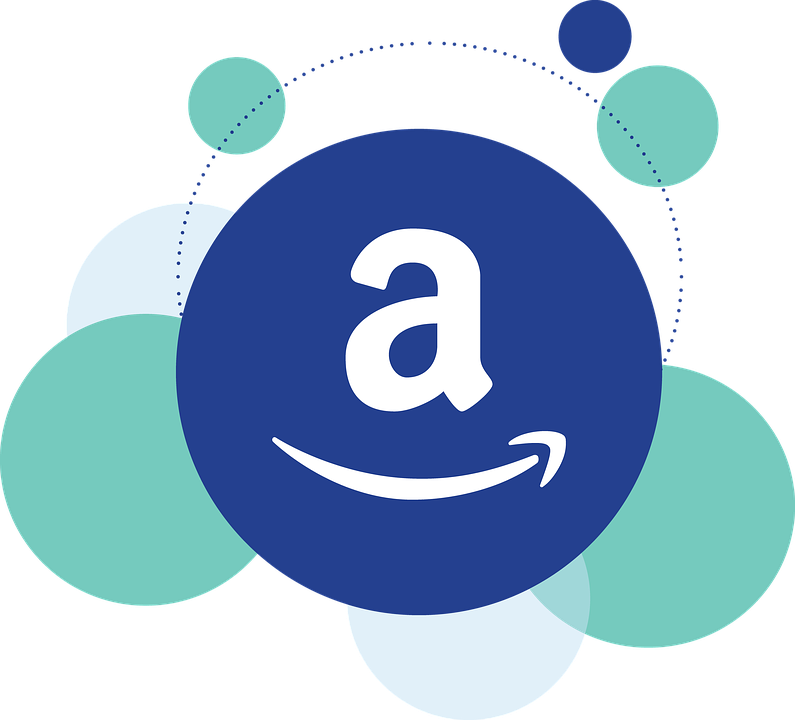The European Union finally announced its plan to help the region’s economy begin making its way back from the coronavirus. The plan, dubbed “Next Generation EU”, includes €750 billion in stimulus relief, with €500 billion allocated toward free grants to member states, and €250 billion to be used as loans within the region. Using these borrowed funds, the EU hopes this will be enough relief to help its countries through these trying times.

“We either all go it alone, leaving countries, regions and people behind and accepting a union of haves and have-nots, or we walk that road together…,” said European Commission President Ursula von der Leyen.
However, there are disagreements as to whether this plan will actually come to fruition any time soon. Some European leaders are feeling the pressure to act swiftly:
“We must move quickly and adopt an ambitious agreement with all our European partners,” tweeted French President Emmanuel Macron.
Meanwhile, other nations which are more frugal in their spending, aren’t so keen on the idea:
“The positions are far apart… So negotiations will take time,” said a Dutch diplomat. “It’s difficult to imagine this proposal will be the end-state of those negotiations.”
Tencent, the company behind the Chinese messaging app WeChat, announced it will invest $70 billion in new infrastructure linked to AI, cloud computing, and cybersecurity projects, among other areas. With the introduction of 5G technology around the world, Tencent is looking to build new infrastructure that will support this new innovation.
The investment will help support an economic turnaround in China, which has seen a slowdown in economic growth over 2020:

“This new infrastructure is set to play a more important role amid the global economic slowdown, the disrupted supply chains as well as weak domestic and foreign demand,” said Pang Ming, head of macro and strategic research at China Renaissance Securities.
In conjunction with the news, the company also announced it would sell up to $20 billion in bonds on the global markets to utilize more capital for its business.
Chat platforms were once thought of as a standalone place to connect with other people. Now, these same platforms are making waves in the finance sector, allowing users easy ways to send money and conduct mobile banking. The startup Zelf has already garnered 260,000 pre-orders from France and Spain for its instant money messaging service. There are a variety of ways these companies can generate revenue, from premium account fees to credit cards and invoicing services.
According to Elliot Goykhman, CEO of Zelf, integration with already existing messaging apps is a key factor in his company’s new banking methodology:

“With 84% of screen time taken by five apps, mostly messengers, we make sending and receiving money as easy as sending a message. Instant notifications, voice commands instead of buttons, simple invoicing and QR codes are some of the messenger banking features that will simplify the financial routine and bring money matters to the default apps of today — the messengers.” It will also soon work in Discord and Telegram, he says.
Zelf isn’t the only company working the banking via messaging angle. Kotak Mahindra Bank and ICICI, both out of India, allow users to easily send and receive money via WhatsApp.
Could Amazon be taking a swing at ride-sharing companies like Lyft and Uber? That’s the question everyone is wondering after reports leaked that the company is in talks to buy self-driving car company Zoox. At its last investment round, Zoox was valued at $3.2 billion, although those close to the company believe the deal would be done at a lower valuation.
Morgan Stanley analyst Brian Nowak sees this as one deal that could not only enter Amazon into new industries, but also create more efficiency for its already existing business:

“In our view, the value of cost-effective shipping is likely to only rise given the inflection we are seeing in e-commerce in 2020,” he writes.
“[Amazon’s] innovation focus, capital to invest, and leading shipping volumes (and the miles driven along with them) make it one of the few companies that could build a product to compete with [ Google-owned] Waymo, Uber, Lyft and others…Over time, this acquisition would also open the door for Amazon to potentially begin to compete in the ride-sharing and food-delivery industries.”
Another company that could be hurt by the deal is Tesla, which, up until now, has been the biggest tech name in the automobile industry. As Amazon begins to take steps to enter the automotive market, questions abound as to how far their investment will reach.